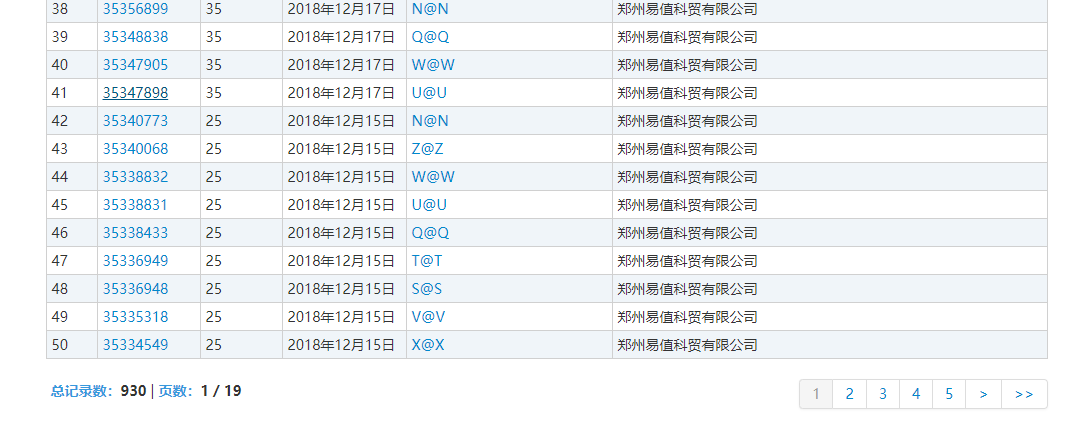Most of the trademarks are registered for business, while some are for sale. It has become a typical business that people buy and sell trademarks as a product worldwide. As a private right, it is legitimate to buy or sell trademarks in good faith. What if the trademark was registered in bad faith? Is it legitimate and safe?
At least in China, the answer is NO. Even if CNIPA approvals the trademark, it is still not stable and reliable. Invalidations happened every day. The trademark “天天P图” which is applied by Xiamen Xiantao Asset Management Company and invalidated by Tencent, is one of such cases. From the publications, the invalidated ground is that the applicant holds more than 350 trademarks. Most of them are replications of others’ names, trade names, and cartoon characters, so the trademark was finally dead. This well confirmed that even if it is a registered trademark, it doesn’t mean the trademark right is stable.
The Chinese trademark law was amended in 2019, which newly increased the regulation about the registration not for the purpose of actual use, which is also the legal basis of filing trademark invalidations. One of the typical cases of trademark opposition and appeal cases published in 2019 is a reference for such bad faith registrations in the future examination. It confirms that the registration not for the purpose of actual use would be refused and defiantly canceled by invalidations.
The case is about the trademark “JOY@ABLE” which is filed by a Chinese company located in Zhenzhou (hereafter referred to as “Zhengzhou company”). It has applied more than 900 trademark applications since 2011. In the Decision of Trademark Refusal of this trademark, the trademark office refused this application due to the applicant applying for about 929 trademarks in 45 classes, especially during the nine months in 2018 to 2019, it applied for more than 500 trademarks, which is definitely not for the purpose for the normal business requirement. It also doesn’t have a reasonable explanation for its behave.

As the trademark invalidation is only aimed at the registration purpose of the initial applicant rather than the current holder, so if you are unlucky to purchase one of such trademarks, it would be in trouble in the future. Your competitor may also hit you a heavy blow by invalidating your trademarks.
Besides, the trademark cancellation procedure will also be a risk for a purchasing trademark. Others may file a cancellation when you buy the trademark, and if you are unable to provide the use evidence of three previous years, then the trademark would be dead. Most of the trademarks are registered to sell, so the assignor will not use the trademark.
From the data of CNIPA of January to September of 2020, 27307 decisions of trademark invalidation were issued, and about 58.22% of cases are successfully invalided. The succussed invalidations based on the grounds of Article 4 and 44 are over 100,00.
From the cases and data above, we can see the determination of CNIPA of combating malicious registrations, and you must have known the risk to buy a trademark. Hence, before purchasing, it is recommended to conducting a background search before you buying the trademark, and also, to avoid such risks of invalidation and cancellation, you may re-register the trademark when you get the registration and abandon the previous one once the new trademark is approved.

